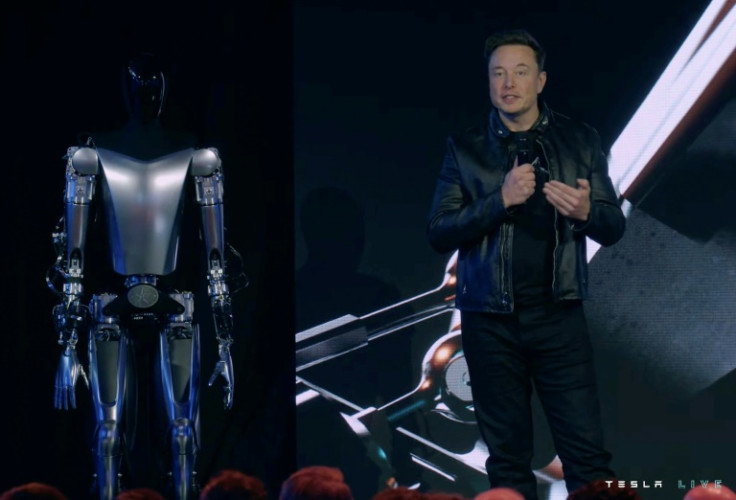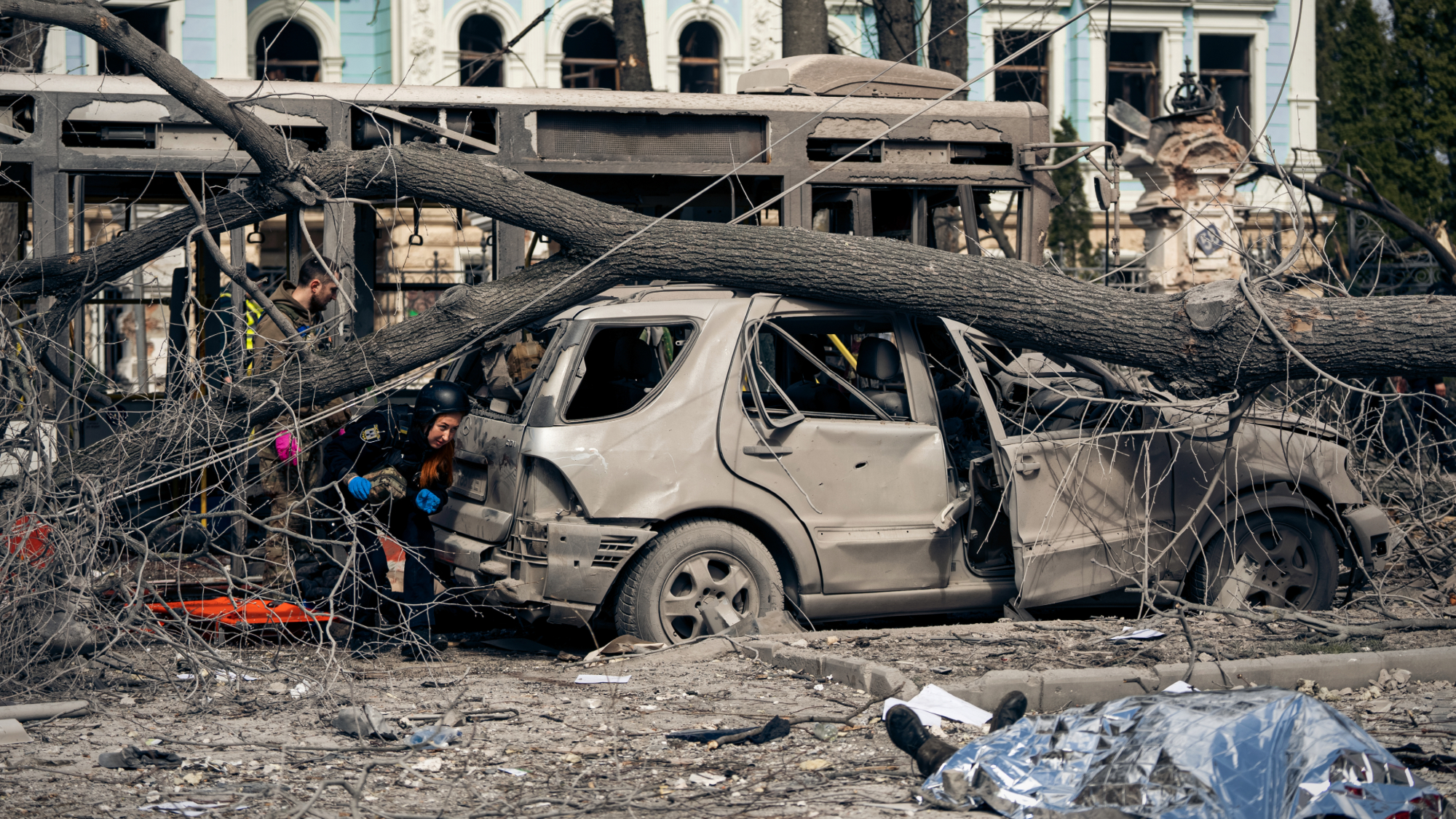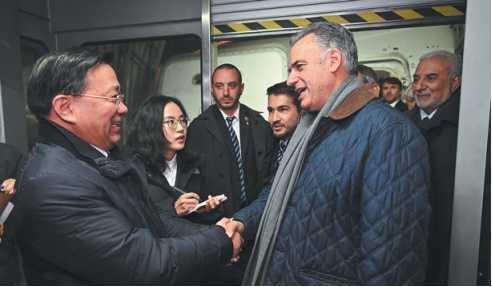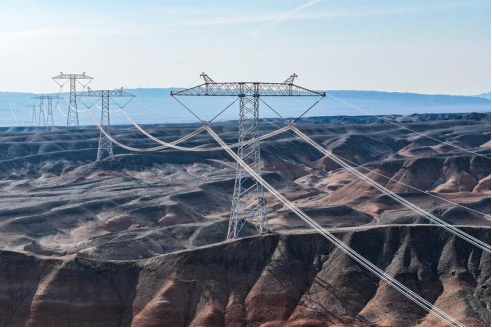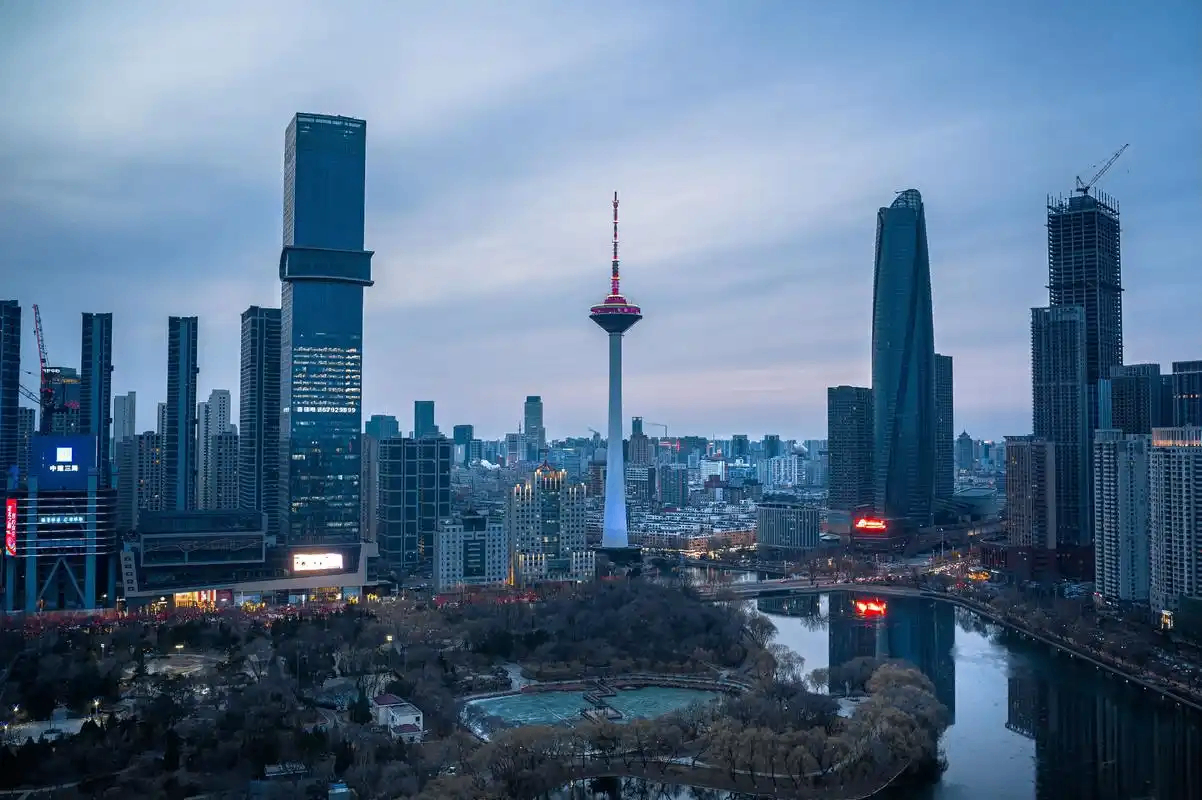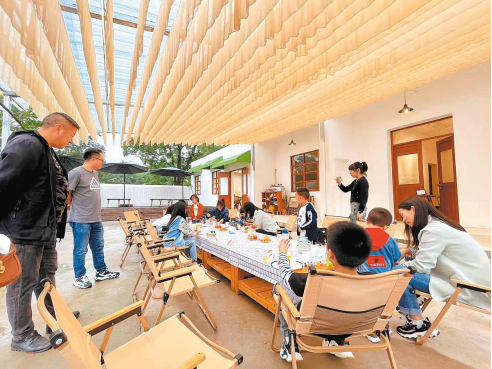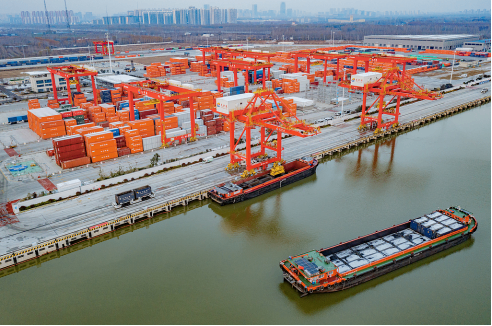What happened
South Korea's Constitutional Court Friday morning unanimously upheld the impeachment of President Yoon Suk Yeol and removed him from office. Yoon's Dec. 3 declaration of martial law was a "grave betrayal of the people's trust" and a "serious challenge to democracy," acting Chief Justice Moon Hyung-bae said from the bench. The National Assembly had quickly quashed the decree and impeached Yoon Dec. 14.Who said what
When the verdict was announced, protesters supporting Yoon's ouster "reacted with hugs and screams," The New York Times said. At a rally of his supporters, "there was loud booing." The court "removed a major source of uncertainty," and "not a moment too soon," Leif-Eric Easley of Seoul's Ewha University told Reuters. The next president "must navigate North Korea's military threats, China's diplomatic pressure and Trump's trade tariffs." Yoon's conservative People Power Party said it "humbly" accepted the verdict. Yoon said he was "regretful and sorry that I could not live up to your expectations." Prime Minister Han Duck-soo, the acting president, said he would do his "utmost to manage the next presidential election" and ensure a "smooth transition to the next administration."What next?
"Deeply divided" South Korea "must now hold a presidential election within 60 days," The Associated Press said. Yoon, barred from office for five years, "may refuse to be ignored," as he would "strongly prefer a conservative president who could pardon him if convicted" of insurrection charges in a separate criminal trial.Popular News




Current News
Manufacturing

Collaboratively administrate empowered markets via plug-and-play networks. Dynamically procrastinate B2C users after installed base benefits. Dramatically visualize customer directed convergence without
Collaboratively administrate empowered markets via plug-and-play networks. Dynamically procrastinate B2C users after installed base benefits. Dramatically visualize customer directed convergence without revolutionary ROI.





About Us
Tech Photos








